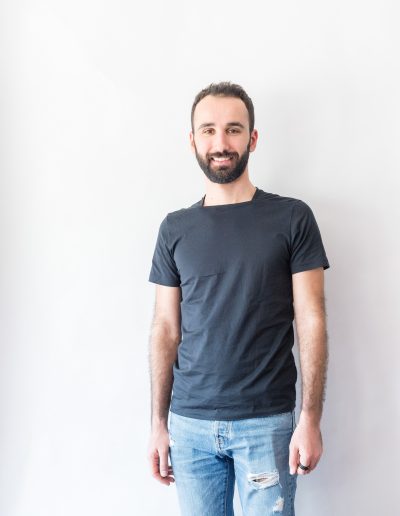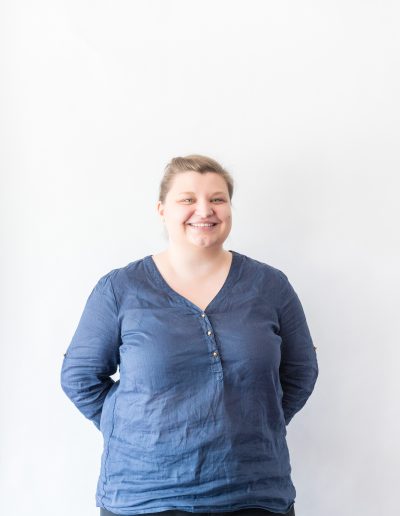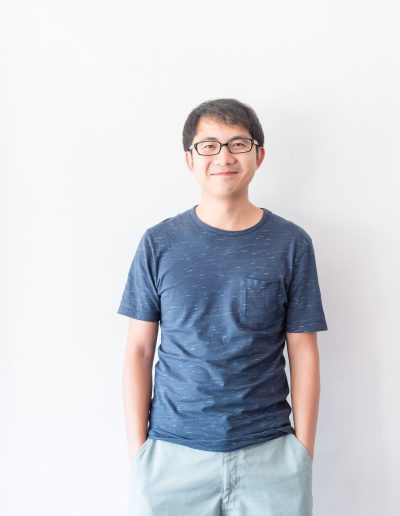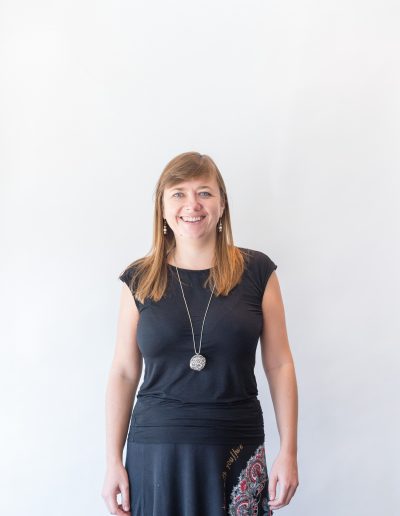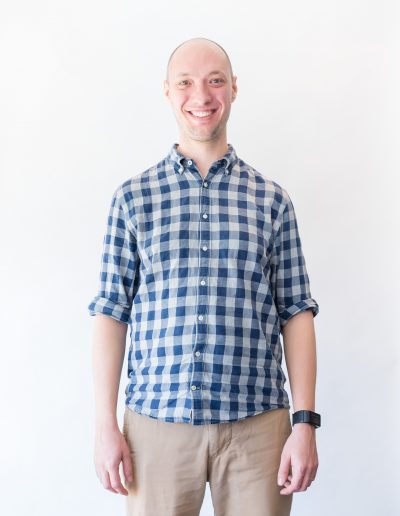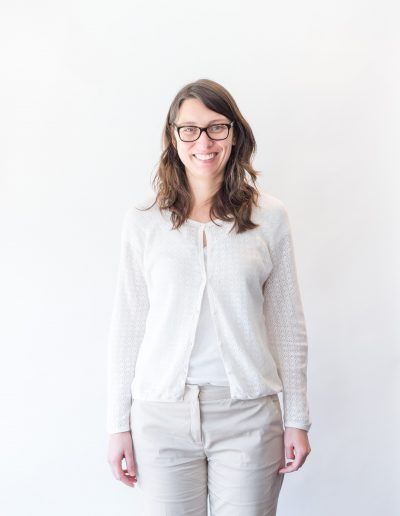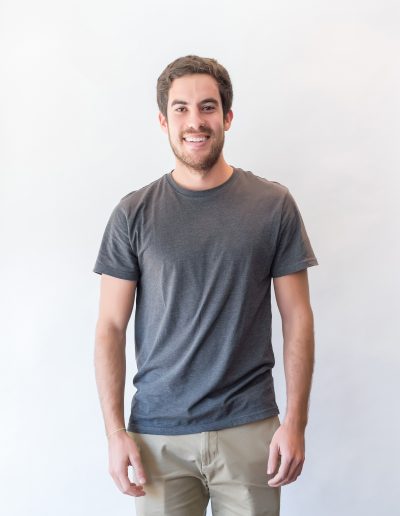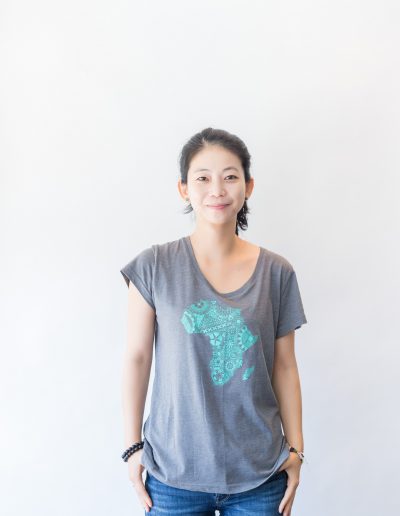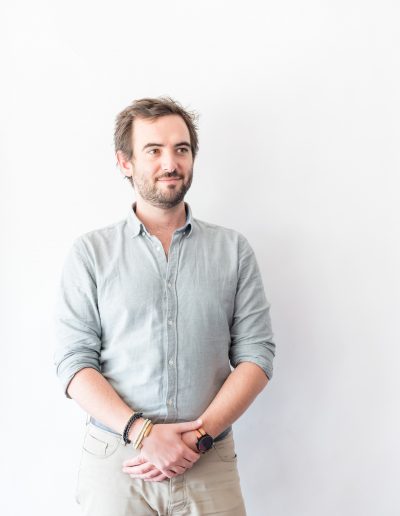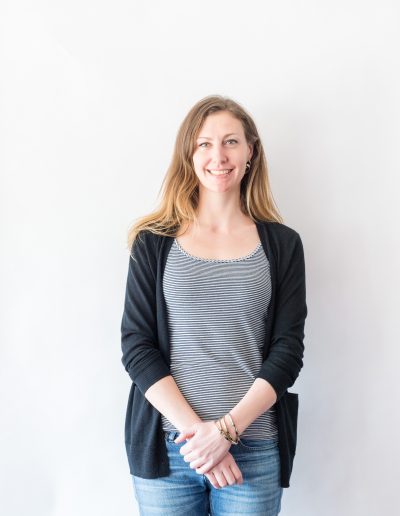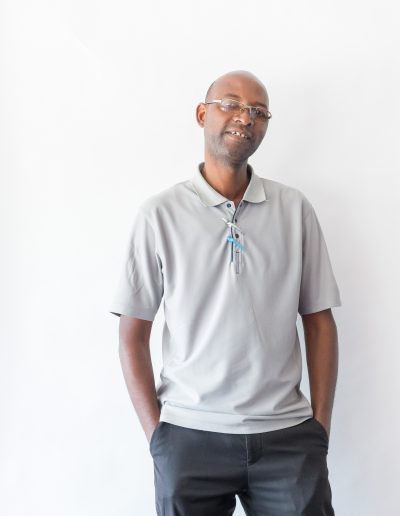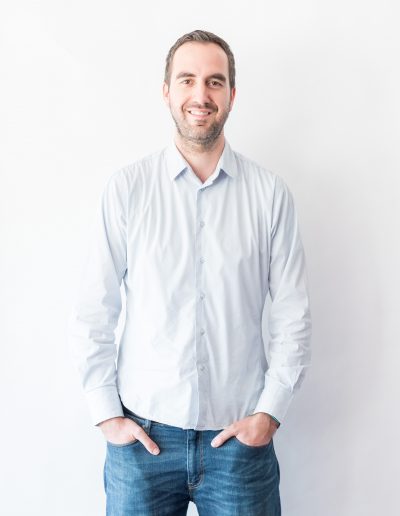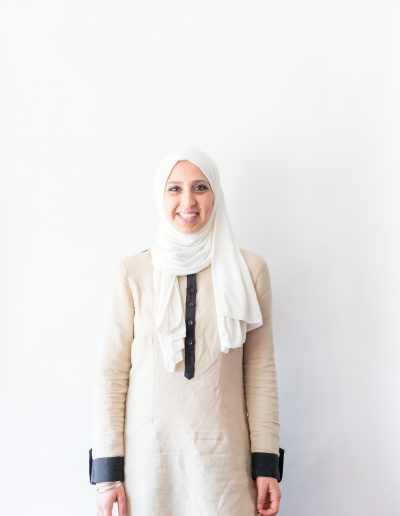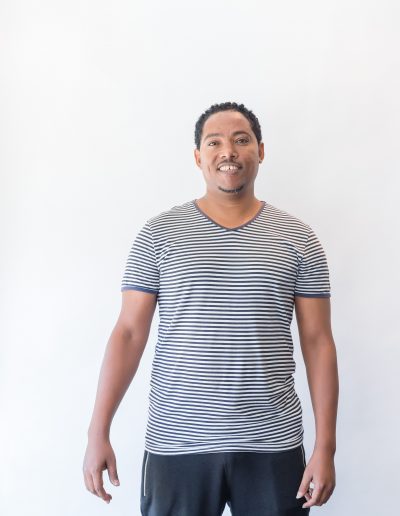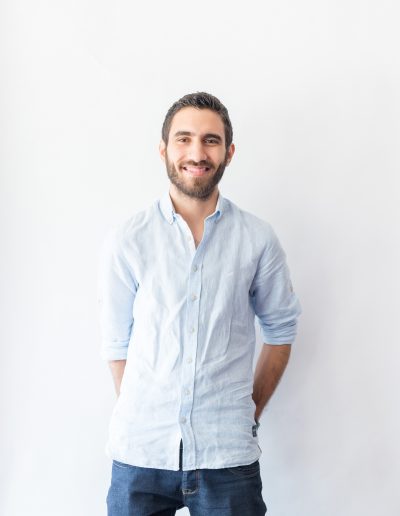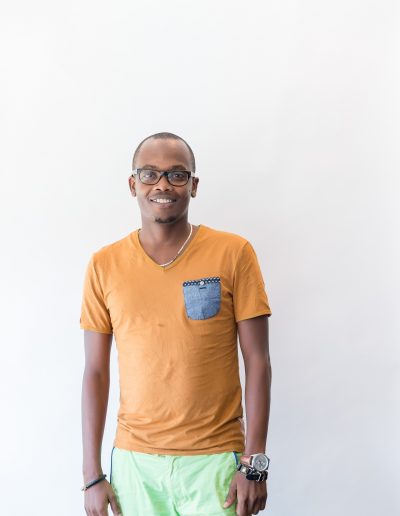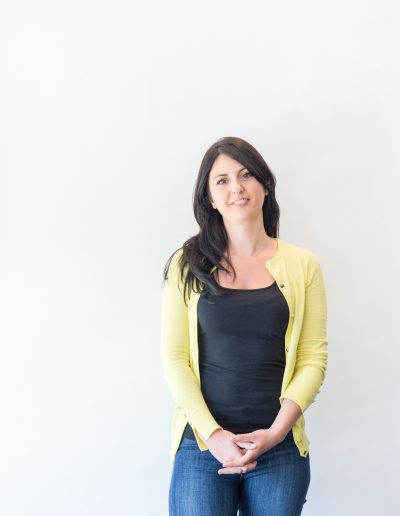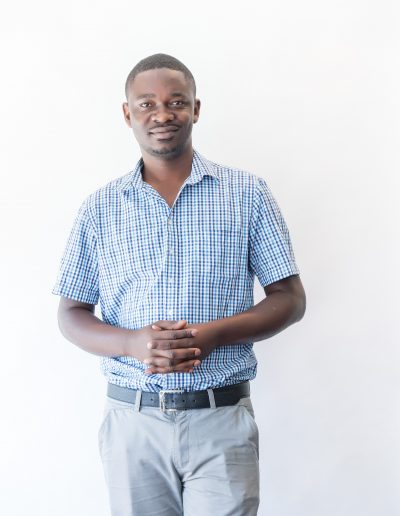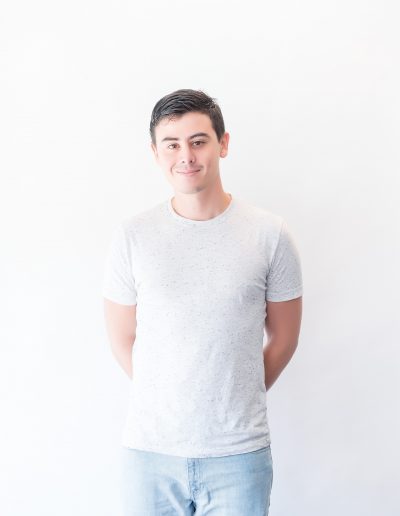UNHCR Innovation Fellowship
Investing in people
The UNHCR Innovation Fellowship is a year long learning program for UNHCR’s workforce. Over the course of the year, Innovation Fellows define a challenge unique to their field operation or divisions, and develop, test, and prototype a solution to address the challenge. They are trained in human/user-centered design and prototyping principles and are connected to internal and external support for refining their solutions. The program also aims to facilitate longer term change management as it encourages Fellows to be innovative in their current and future roles within the organization.
Innovation Fellows work in field operations around the world as well as headquarters. They represent the diversity of nationalities, skill sets, and global reach of UNHCR’s operations.

The Kick-off Workshop
Every January the UNHCR Innovation Service kicks off the year with its Innovation Fellowship programme workshop with colleagues from around the world, gathering in the bustling city of Bangkok. The Fellows take on a year of identifying challenges in the field, exploring innovative ways to improve the lives of refugees, and sharing ideas on how to facilitate innovation in UNHCR. As the world becomes increasingly complex and the needs of refugees’ increase, the Fellows are the organization’s ambassadors for innovation and lasting positive change.
Meet the 2017 Innovation Fellows
Insights from Gate I: Defining a challenge.
Meet Marina:

1. What led you to identify your specific challenge for the Fellowship?
Marina: In December 2016, the National SGBV working group (SGBV WG) for Greece was preparing its Annual Work Plan. Some of the NGOs raised the need of more accountability towards affected population for what concerns the SGBV service provision. Whilst brainstorming on how to achieve this goal, it was put on the table the idea of having persons of concern directly evaluating services. At that time, none of the WG members was aware of any successful experience on the topic, notably in the Greek context. As chair of the WG, I took the challenge from the members, and I decided to take it forward for my innovation fellowship. Following the innovation workshop in Bangkok, where I have the chance to meet so many creative, open minded and bright colleagues, I exchanged with some of them the challenge I had in mind, and I discovered that there was some interest on it. Therefore, I resolved to proceed with it.
2. What has been most surprising about the Fellowship during Gate I?
Marina: Definitely the most surprising thing was related to my inner mindset, and to discover I could also be a creative and innovative person, as I have always considered myself quite a traditional person. After the workshop, I really acknowledged my inventive skills and I enhanced them in several aspects of both private and professional life. Now I know that everybody could be an agent of innovation. The second most surprising thing was to realize how much fun you could have when innovating!
3. What has been the most challenging aspect of Gate I?
Marina: The direct evaluation of service provision to respond to SGBV is meant to be done by survivors or persons at risk of SGBV. This is a great challenge, as there are several risks connected to it. Before deciding whether to engage in this, together with the SGBV WG members, we had a thorough discussion on the pros and cons about it. The main difficulties we identified were related to the possible breach of confidentiality and the potential re-traumatisation of the survivor, as well as the risk of raising expectations among PoCs that things might be improved immediately. At the same time, great benefits were recognized: accountability was definitely the main one, together with the issue that having survivors voices heard might enhance their recovery and healing process. Therefore, the SGBV WG members agreed to move to the next step and explore methodologies that could minimize the risks whilst maximizing the benefits of the challenge. If an appropriate methodology could be found, during the ideation step, the prototyping phase could start.
4. What are the next steps you want to take in your Fellowship?
Marina: One month after submitting the challenge for Gate I, I organized a workshop with the SGBV WG members to proceed in the phase of idea generation and prioritization. Around 40 ideas and methodologies were proposed by the participants. Some were quite traditional, such as questionnaires or focus group discussions, even smiley faces buttons at the exit of the service provision. Some others were based on existing psychotherapy techniques, such as drama, art, or storytelling. All the ideas were explored in terms of impact and do-ability. Finally, a couple of ideas were prioritized for the following phase: prototyping. Among those, shadowing of a service provider by a client was identified as the most appropriate, taking into consideration the risks and the benefits involved in this challenge.

